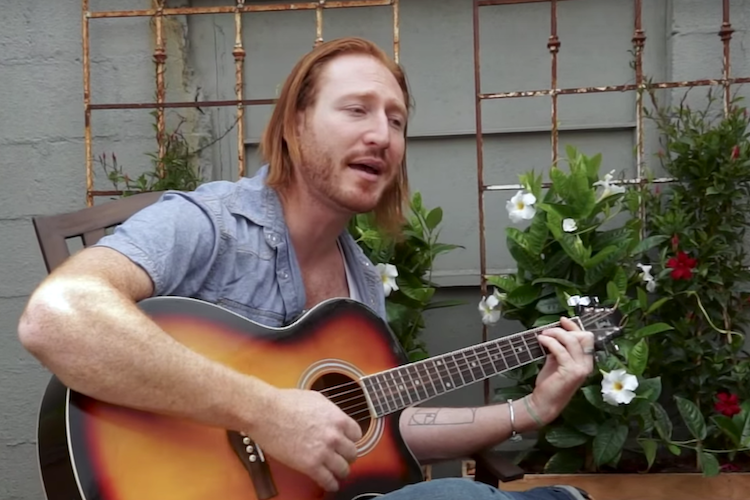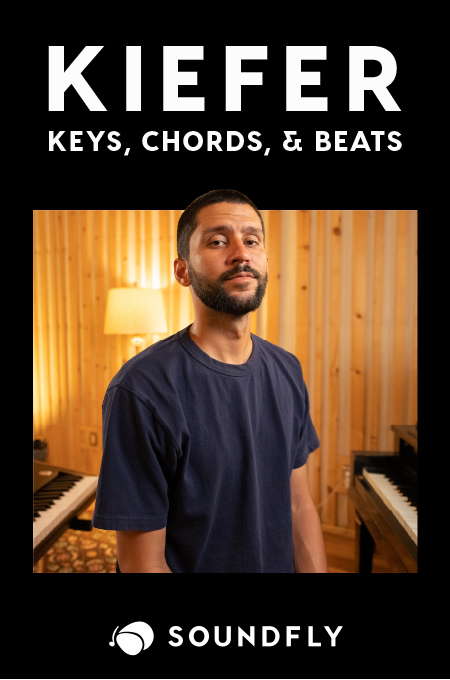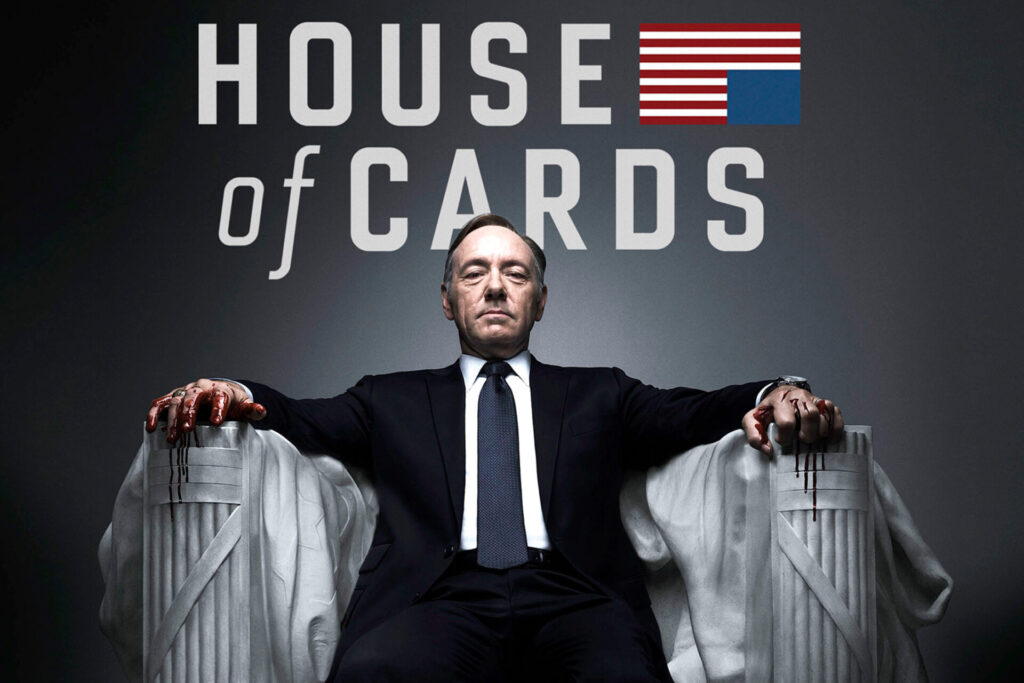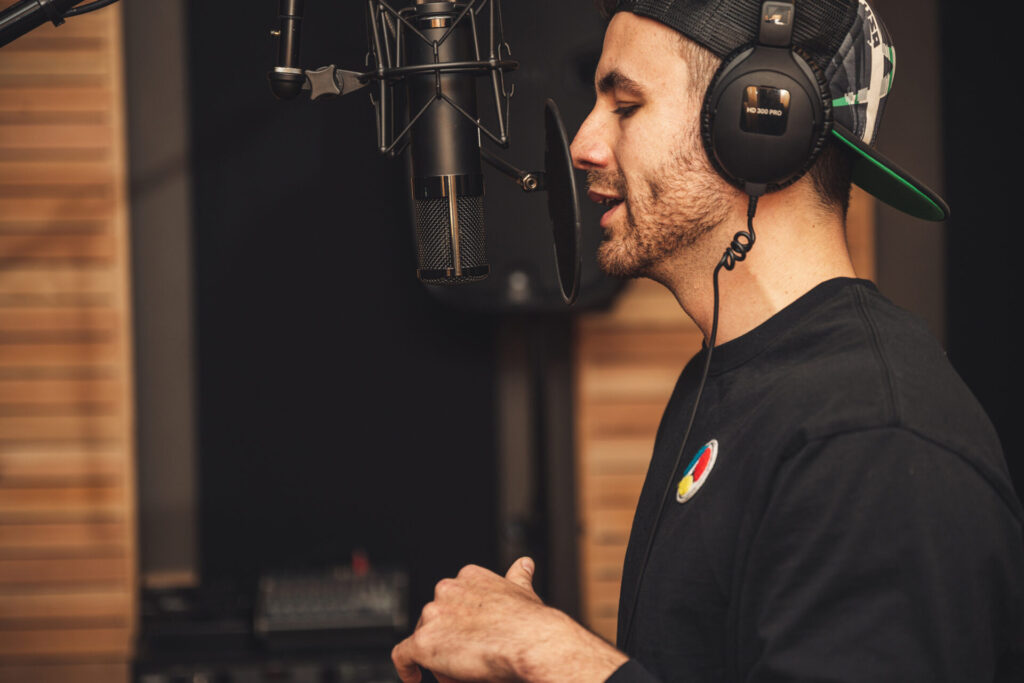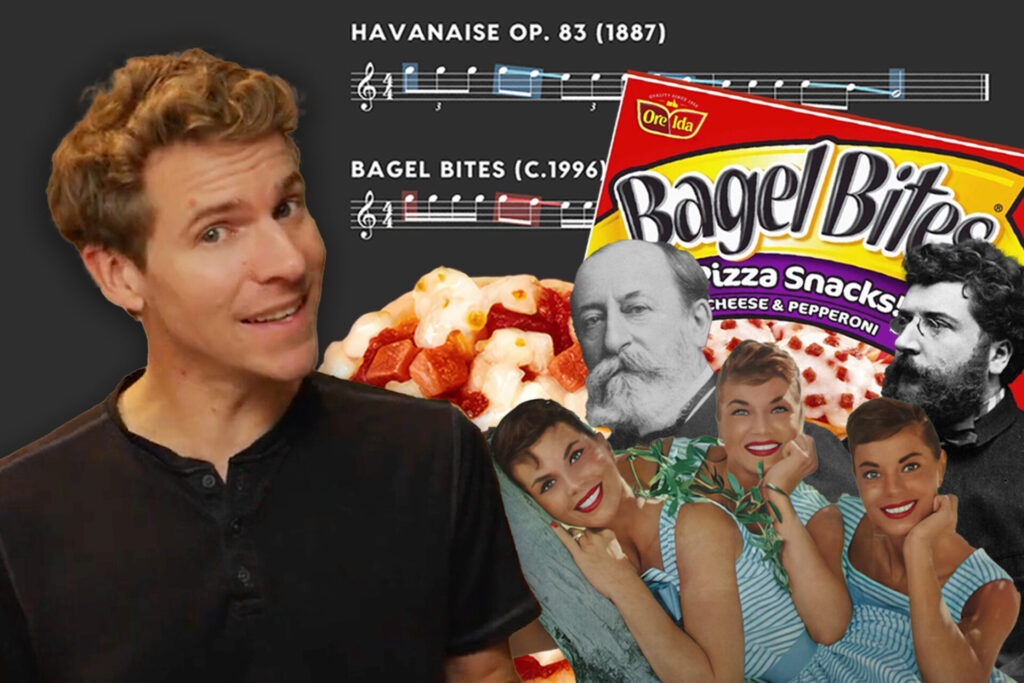+ Learn from Grammy-winning pop artist Kimbra how to harness the full creative potential of your voice in song. Check out her course.
Writing songs that incorporate multiple voices, and thus perspectives, can add depth, creativity, and freshness to your songwriting toolbox. However, it can seem like a daunting task when you’re attempting to do it for the first time.
You might be asking yourself, “what if I do it wrong and confuse the listener?” or “what even are the other perspectives I can write in?”
Well, we’ve broken up a few methods and tips to try below. Give one of these a shot the next time you sit to write!
Your Voice
This one should be obvious. All songwriters have a powerful and unique tool that nobody can take away from you: your personal lyrical voice. Writing songs in your own voice is inherent, what you naturally do if you sit down and write without thinking about it — or if you do purposefully set out to share your opinions on a subject with the world.
The Voice of the Artist
If you’re being contracted to write a song for a singer, learning to write in their voice, whether they’re in the room sitting next to you or for a blind pitch, is a difficult task.
If you can spend time with them and learn a bit about how they talk, think, feel, annunciate, phrase certain thoughts, etc., that’s wonderful. Communication is part of why these partnerships and collaborations ultimately become successful. However, if they’re out of the room and you’re pitching a song to them, you might want to listen to prior releases and interviews and do whatever research you can. Pay special attention to their word choices.
A quirky teenage pop star isn’t going to lyrically state things the same way that an older country singer might. And on that note, a second piece of advice is to think about who their audience is. If you can speak specifically to their core audience, the artist will take the song the rest of the way.
The Voice of the Character
Writing as a character in a story can really push the boundaries of your lyric writing. Exaggerating one, or a few aspects of your, or another person’s personality can bring characterizations out you never would have explored before.
Whether it’s a character from a novel, film, comic book, etc., or someone who exists solely inside your own head, these characters or enhanced personalities can take on quirky, light and fun, or even murderous intent in your song.
So when you sit down to write, try writing for the mind of a character in their own narrative to get yourself practicing your lyrical skills in a different voice. You’ll be amazed where it takes you and your creative thinking.
The Voice of a Narrator
Try writing your songs as if you were the narrator of a story unfolding around you! It’ll give you practice on sharing your views and descriptions of scenes, landscapes, characters, and storylines.
+ Learn production, composition, songwriting, theory, arranging, mixing, and more; whenever you want and wherever you are. Subscribe for full access!
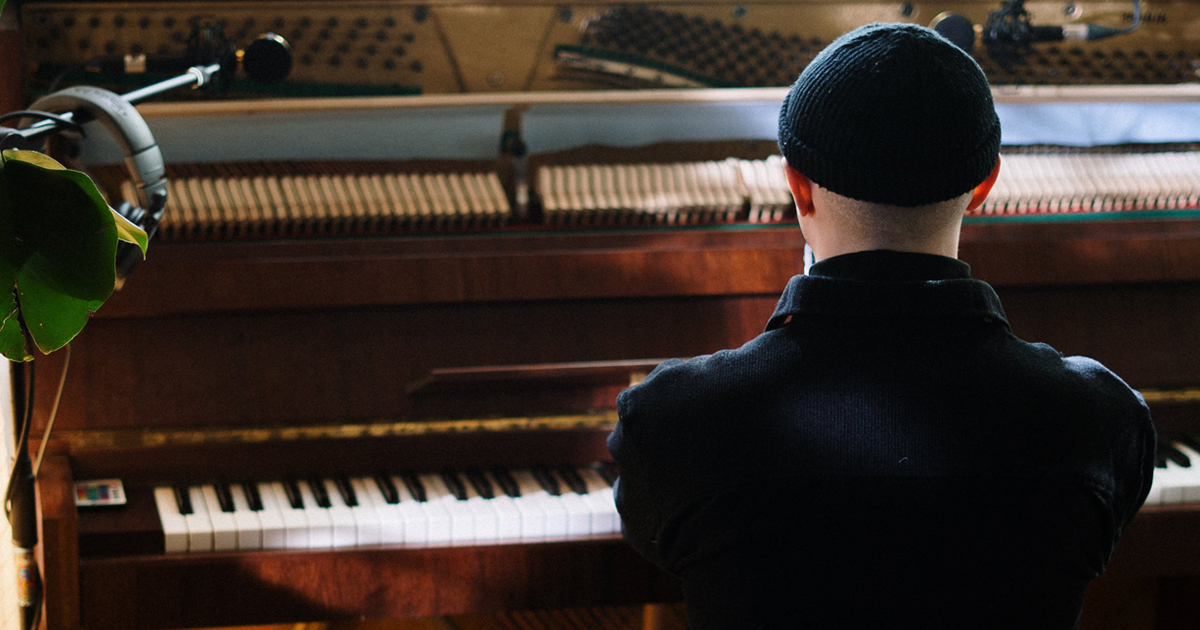
Writing for Duets
Duets, especially between male and female vocalists, need to have defined lyrical voices in the song. In other words, they need to act as separate characters to create depth in the storytelling.
Be sure to think about both of the characters’ emotions and the way they might speak of, or to, each other when writing. If both verses sound like they were written with the exact same voice, it won’t make much sense.
Multiple Voices Doesn’t Mean Multiple POVs
It’s important to note that while there may be multiple voices present in one song, such as in a background chorus, with the exclusion of duets, there shouldn’t be multiple points of view. It will get confusing for your listener if you’re jumping between one person’s point of view to another. Or between third and first person, etc.
Last but not least, don’t be afraid to make the song as weird as you want. Remember that, in terms of creativity and especially in music, sometimes weird and unpredictable means better. Keeping your listeners on their toes, not exactly confused, but feeling like they need to pay closer attention to get everything that’s going on, will create some hardcore fan engagement!
Everything takes practice. Just have fun with it.
Improve your music with creativity & curiosity on Soundfly.
Subscribe to our YouTube channel for weekly videos, or join Soundfly’s all-access membership to all of our artist-led online music courses, an invite to join our Discord community forum, exclusive discount perks from partner brands, access to artist Q&As and workshops, and more.
